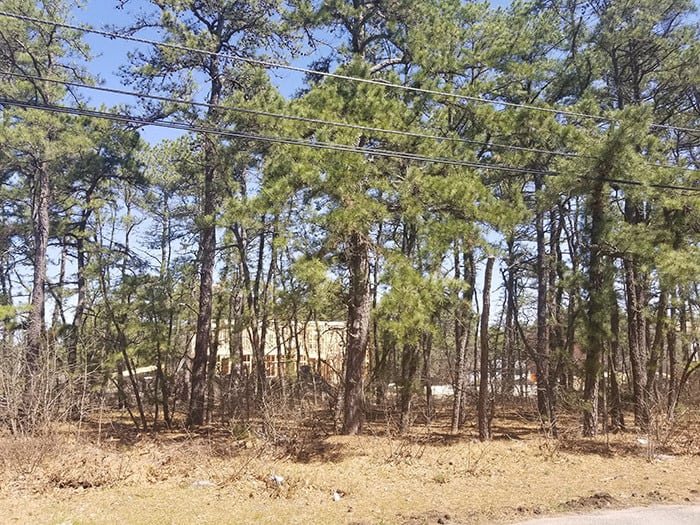
MANCHESTER – The township is selling two pieces of land that will put those lots back on the tax rolls.
The township will make available lots at 909 Monmouth Ave. and 913 Commonwealth Blvd.
The Monmouth Avenue property is 25×100, sandwiched between 50×100 and 25×100 lots, and available for $14,000. A builder is looking to purchase the lot, as his two lots are not buildable without the township’s. Lots must be 100×100 to build in Pine Lake Park, although it’s possible to build on a 75×100 if the owner can show hardship, municipal business administrator Donna Markulic said.
The Commonwealth Boulevard property is 50×100, being sold for $20,000, and also located in Pine Lake Park. Both lots are adjacent to other vacant lots.

“We do not advertise to sell property unless we receive a request from a person or company to purchase a particular parcel of township-owned land,” Markulic said. “We cannot just sell it to them. We must have an auction. All adjacent landowners are notified of the auction and can bid on the property along with the initial requestor.”
The township will ensure the property isn’t needed for drainage, utilities, parks, or any other township needs, Markulic said.
“…[It] benefits the town to sell property we have no use for as it generates more ratables and promotes growth,” she added. “It also cleans up these vacant lots that many times become dumping areas.”
Resident Hank Glenn questioned the long-term benefit of putting the land back on the tax rolls, as more homes mean more need for services, including school enrollment. But Council President Craig Wallis said Glenn was making assumptions about who is moving into any home built on those lots. Even if a family has children, those children eventually graduate and the families who stay – and many do – pay property taxes though they no longer use the school system.





